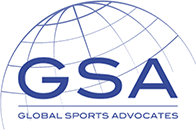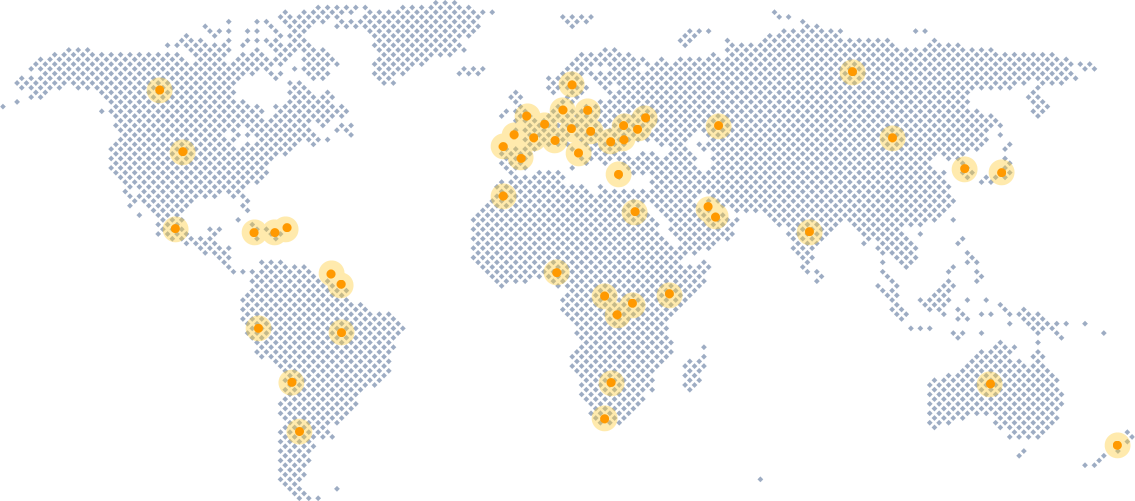
On October 16, 1968, at the Olympic Stadium in Mexico City, Americans Tommie Smith and John Carlos (the gold and bronze medalists in the men’s 200 meters) stood in their socks with glove-clad fists raised high in a sign of Black Power while the U.S. national anthem played. Australian silver medalist Peter Norman donned a badge to promote the Olympic Project for Human Rights and show support for his fellow competitors.
The controversial actions taken by Smith and Carlos led to their expulsion from the Olympic Games by the International Olympic Committee (IOC), while Norman’s bold decision to support Smith and Carlos effectively ended his career: he was ostracized upon arriving home and never selected for the Australian Olympic team again.
Today, more than 50 years later, the debate still rages over whether athletes should be allowed to protest during the Olympics. The IOC, by way of Rule 50 of the Olympic Charter (Rule 50), still prohibits any kind of demonstration or political, religious, or racial “propaganda” during the Olympic Games.
How Athletes Are Affected by Rule 50
According to our sports arbitration lawyers, the basic structure of Rule 50 was first implemented following the famous Smith/Carlos/Norman protest at the 1968 Olympics. The 1975 Olympic Charter prohibited “[e]very kind of demonstration or propaganda, whether political, religious or racial, in the Olympic areas.”
Rule 50 has been updated several times over the years and was supplemented in January 2020 by the IOC when it issued guidance regarding appropriate forms of expression during the 2020 Tokyo Olympic Games. In its Rule 50 guidance for athletes, the IOC Athletes’ Commission supported the IOC’s regulations, stating, “It is a fundamental principle that sport is neutral and must be separate from political, religious or any other type of interference.”
The IOC permits athletes to express their views in certain settings but forbids them from doing it in others.
An expression of views is permitted by athletes in:
- Press interactions
- Team meetings
- Social media platforms
- Digital or traditional media
An athlete’s expression of views is considered a protest and not permitted in:
- The field of play
- The Olympic Village
- During medal ceremonies
- During the opening, closing, and other official ceremonies
Penalties for Rule 50 Violations
If an athlete is deemed to have violated Rule 50, disciplinary action can be taken by the IOC. However, an athlete has the right to appeal any IOC sanction to the Court of Arbitration for Sport, and our experienced sports arbitration lawyers can help. There, the dispute will be decided by an independent arbitration panel. Such a dispute would come down to the perceived meanings of “demonstration” and/or “propaganda”—including whether the conduct at issue should be viewed as “disinformation to promote a certain viewpoint in politics.”
Have Questions About a Political Protest at the Olympics? Contact Our Sports Arbitration Lawyers
The rules governing whether an athlete is allowed to wage political protests during the Olympic Games are very complicated. If you are an athlete who wants to learn more about Rule 50, we encourage you to contact Global Sports Advocates at +1-207-747-5899. Our experienced sports arbitration lawyers have represented clients from more than 50 countries and more than 50 different sports. We want to make sure that you don’t suffer unnecessary sanctions. Contact us today to learn more.

